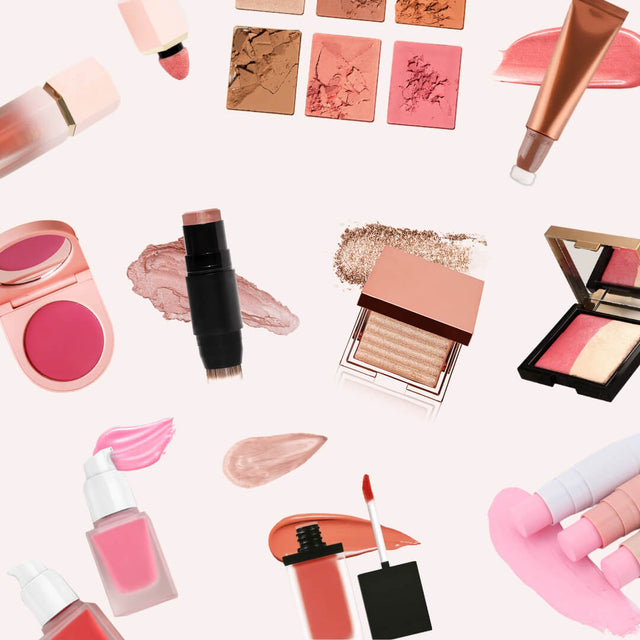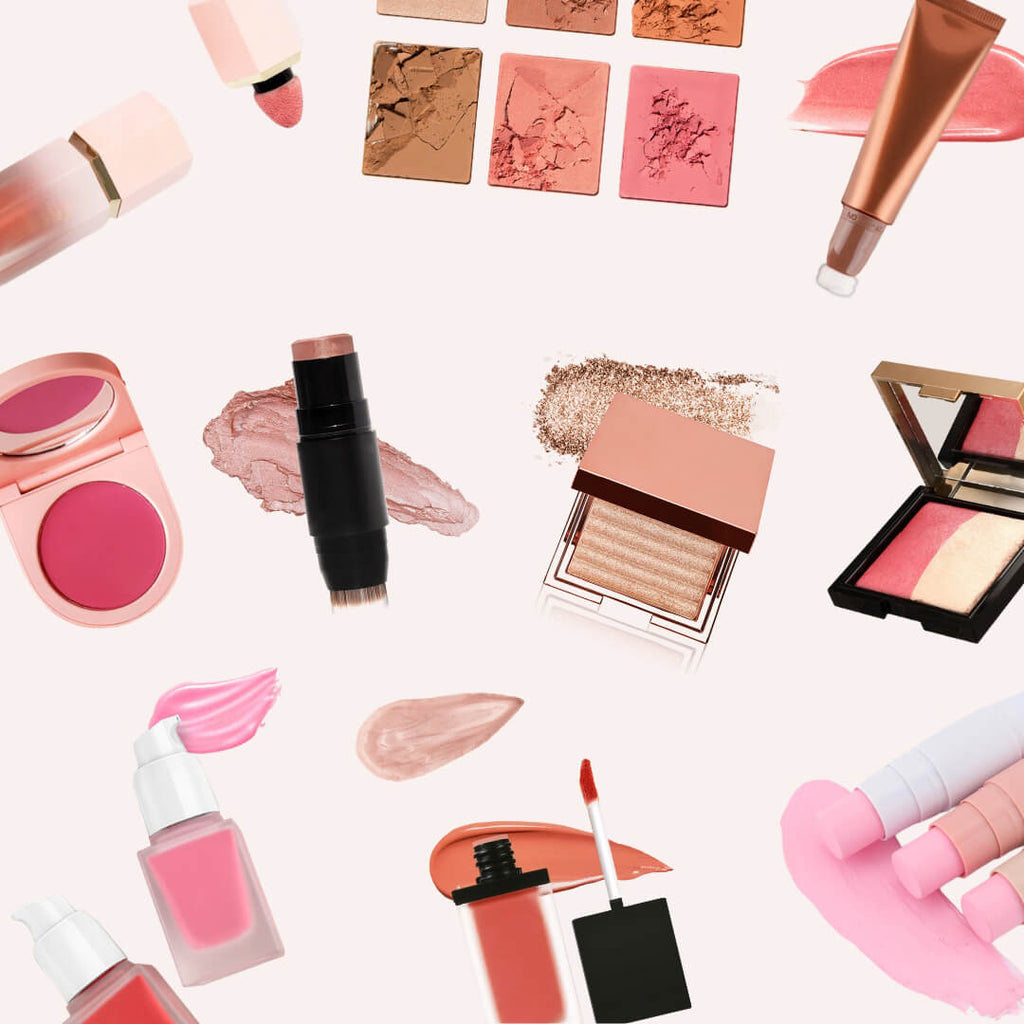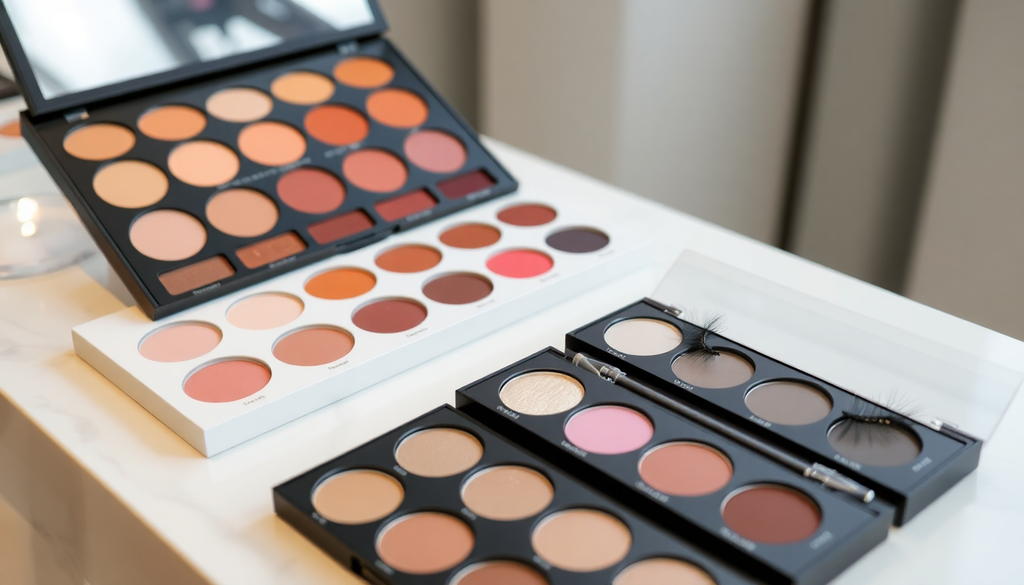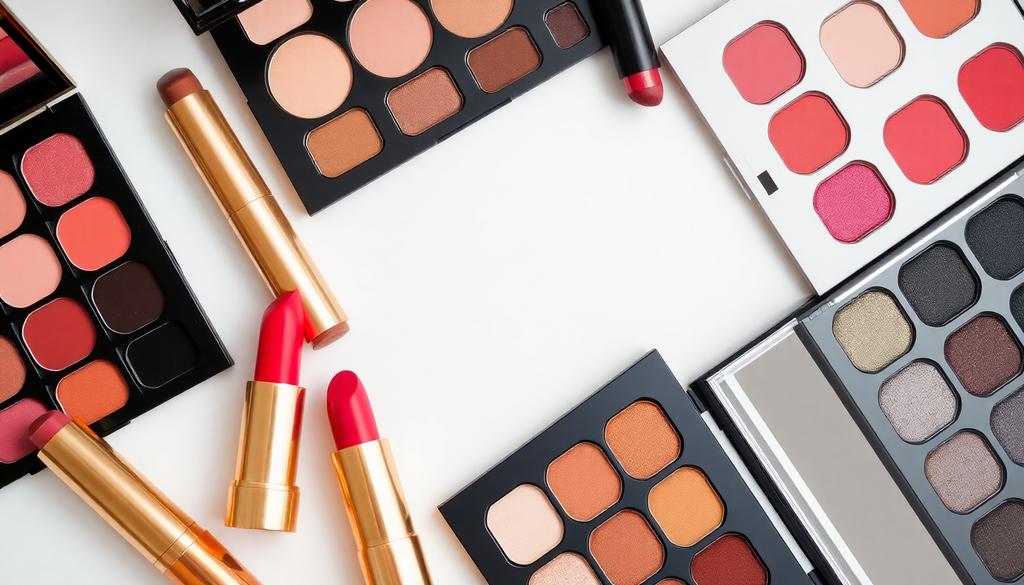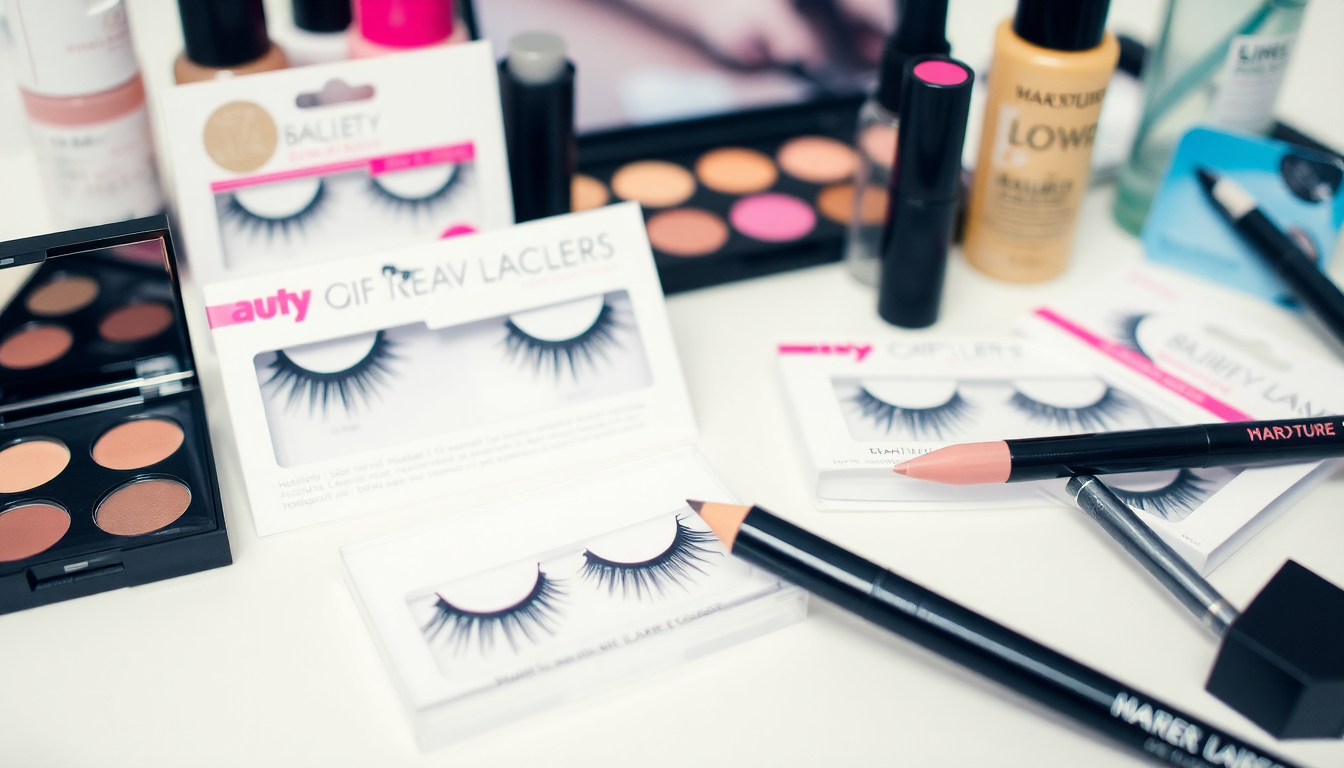
Starting Your Dream Makeup Brand: A Comprehensive Guide to Private Label Cosmetics and Eyelash Packaging
Introduction
Starting your own makeup brand is an exciting endeavor in the vibrant and growing beauty industry. With increasing demand for personalized beauty solutions and unique products, aspiring entrepreneurs have the opportunity to tap into this market through private label cosmetics. This guide aims to provide you with a comprehensive understanding of how to launch your makeup brand, covering essential topics such as cosmetic labeling regulations, import policies, certifications, online store setup, and effective marketing strategies—all without the burden of minimum order quantities.
Understanding Private Label Cosmetics
Private label cosmetics allow you to sell products manufactured by another company under your brand name. This business model is particularly advantageous for new entrepreneurs who want to focus on brand development, marketing, and customer engagement without the complexities of product formulation and manufacturing. By leveraging existing manufacturing expertise, you can create a product line that aligns with your vision and values.
Choosing the Right Manufacturer
Selecting a reputable manufacturer is one of the most crucial steps in starting your makeup brand. Here are some essential factors to consider:
- Quality of Ingredients: Ensure that the manufacturer uses high-quality, safe ingredients that comply with industry standards and regulations.
- Custom Formulation Options: Look for manufacturers that allow you to customize formulations to create unique products that resonate with your target audience.
- Production Capacity: Assess whether the manufacturer can meet your production needs, especially during peak seasons or product launches.
- Reputation and Reviews: Research the manufacturer’s reputation by reading reviews, testimonials, and case studies from other brands they have worked with.
- Sample Availability: Request samples of products to evaluate quality before making any commitments.
Cosmetic Labeling Regulations
Compliance with cosmetic labeling regulations is essential for market entry. Different countries have specific requirements for labeling products. Here are key points to consider for major markets:
- United States: The Food and Drug Administration (FDA) regulates cosmetic labeling. Labels must prominently display the product name, net contents, ingredient list, and the name and address of the manufacturer. Additionally, products must not contain prohibited ingredients.
- European Union: The EU has stringent regulations under the Cosmetics Regulation (EC) No 1223/2009. You must conduct a safety assessment for your products, maintain a product information file (PIF), and ensure proper labeling that includes ingredients in descending order by weight.
- Canada: The Cosmetic Regulations under the Food and Drugs Act require proper ingredient disclosure in both English and French. Products must also be safe for use and not misbranded.
- Australia: Cosmetics must comply with the National Industrial Chemicals Notification and Assessment Scheme (NICNAS) regulations, which include ingredient disclosure and safety assessments.
- Japan: The Pharmaceutical and Medical Device Agency (PMDA) oversees cosmetics, requiring a notification process for importing cosmetics and adherence to labeling standards.
Import Policies and Certifications
Understanding import policies and acquiring necessary certifications is crucial for successfully launching your cosmetics brand. Here are some steps to take:
- Research Tariff Classifications: Each country has specific tariff classifications for imported goods. Make sure to understand these classifications to determine applicable duties and taxes.
- Obtain Necessary Certifications: Depending on your target market, you may need certifications such as FDA approval in the U.S. or CE marking in Europe. Ensure that your products meet safety and regulatory standards.
- Labeling Compliance: Familiarize yourself with the labeling requirements for your target market to avoid compliance issues.
- Customs Regulations: Keep abreast of customs regulations and documentation needed for importing cosmetics to ensure a smooth entry into your market.
Setting Up Your Online Store
In today's digital age, having a strong online presence is essential for any makeup brand. Here’s how to set up your online store:
- Choose an E-commerce Platform: Select a user-friendly e-commerce platform such as Shopify, WooCommerce, or BigCommerce that provides the tools you need to set up your store easily.
- Design an Aesthetic Website: Your website should reflect your brand identity. Use appealing graphics, colors, and fonts that align with your brand's style.
- Implement Secure Payment Gateways: Offer various payment options, including credit cards, PayPal, and other digital wallets, ensuring the security of your customers' transactions.
- Optimize for Mobile Devices: With a growing number of consumers shopping on mobile, ensure that your website is responsive and provides a seamless experience across all devices.
- SEO Optimization: Incorporate SEO best practices into your website content to improve visibility on search engines. Use relevant keywords, meta tags, and quality content to attract organic traffic.
Creating Compelling Product Descriptions
Engaging product descriptions play a significant role in converting visitors into customers. Here are tips for writing effective product descriptions:
- Highlight Benefits: Focus on how your product solves problems or enhances the customer’s beauty routine.
- Use Clear Language: Avoid jargon and use simple, descriptive language that conveys the product's features.
- Incorporate Storytelling: Share the inspiration behind your products or the unique qualities that set them apart from competitors.
- Include Usage Instructions: Help customers understand how to use your products effectively, including tips and tricks for best results.
Marketing Your Makeup Brand
Marketing is vital for establishing brand recognition and driving sales. Here are effective marketing strategies tailored for the beauty industry:
- Social Media Marketing: Utilize platforms like Instagram, TikTok, and Pinterest to showcase your products visually. Create engaging content, including tutorials, before-and-after transformations, and user-generated content featuring your products.
- Influencer Collaborations: Partner with beauty influencers and bloggers who align with your brand values. Collaborations can help you reach a wider audience and build credibility.
- Content Marketing: Develop valuable content, such as blog posts, videos, and tutorials, to educate your audience about makeup application techniques, trends, and product benefits.
- Email Marketing: Build a mailing list and engage with customers through newsletters, special promotions, and product launches. Create a sense of community and keep your audience informed.
- Paid Advertising: Consider using paid advertising on social media and search engines to target specific demographics and drive traffic to your website.
Building Your Brand Identity
Your brand identity sets the tone for your entire business. Here are essential elements to consider:
- Brand Name: Choose a memorable and meaningful name that reflects your brand's mission and values.
- Logo and Visuals: Design a professional logo and consistent visuals that communicate your brand's personality. Use similar colors and fonts across all marketing materials.
- Brand Voice: Establish a tone of voice for your brand that resonates with your target audience. Whether it's fun, professional, or empowering, consistency is key.
Customer Engagement and Feedback
Engaging with your customers is vital for building loyalty. Here are ways to foster customer relationships:
- Encourage Reviews: Ask customers to leave reviews on your website and social media pages. Positive reviews can significantly influence purchasing decisions.
- Respond to Inquiries: Be proactive in responding to customer inquiries and feedback. Show that you value their opinions and are committed to their satisfaction.
- Host Contests and Giveaways: Organize contests and giveaways on social media to engage your audience and attract new followers.
Conclusion
Starting your dream makeup brand is not only possible but can also be incredibly rewarding. With the flexibility that private label cosmetics offer, you can focus on what matters most—creating a brand that resonates with your audience. By understanding the regulatory landscape, choosing the right partners, setting up a robust online presence, and implementing effective marketing strategies, you can establish a successful cosmetics brand without the constraints of minimum orders. Take the leap, embrace your creativity, and bring your beauty vision to life!

